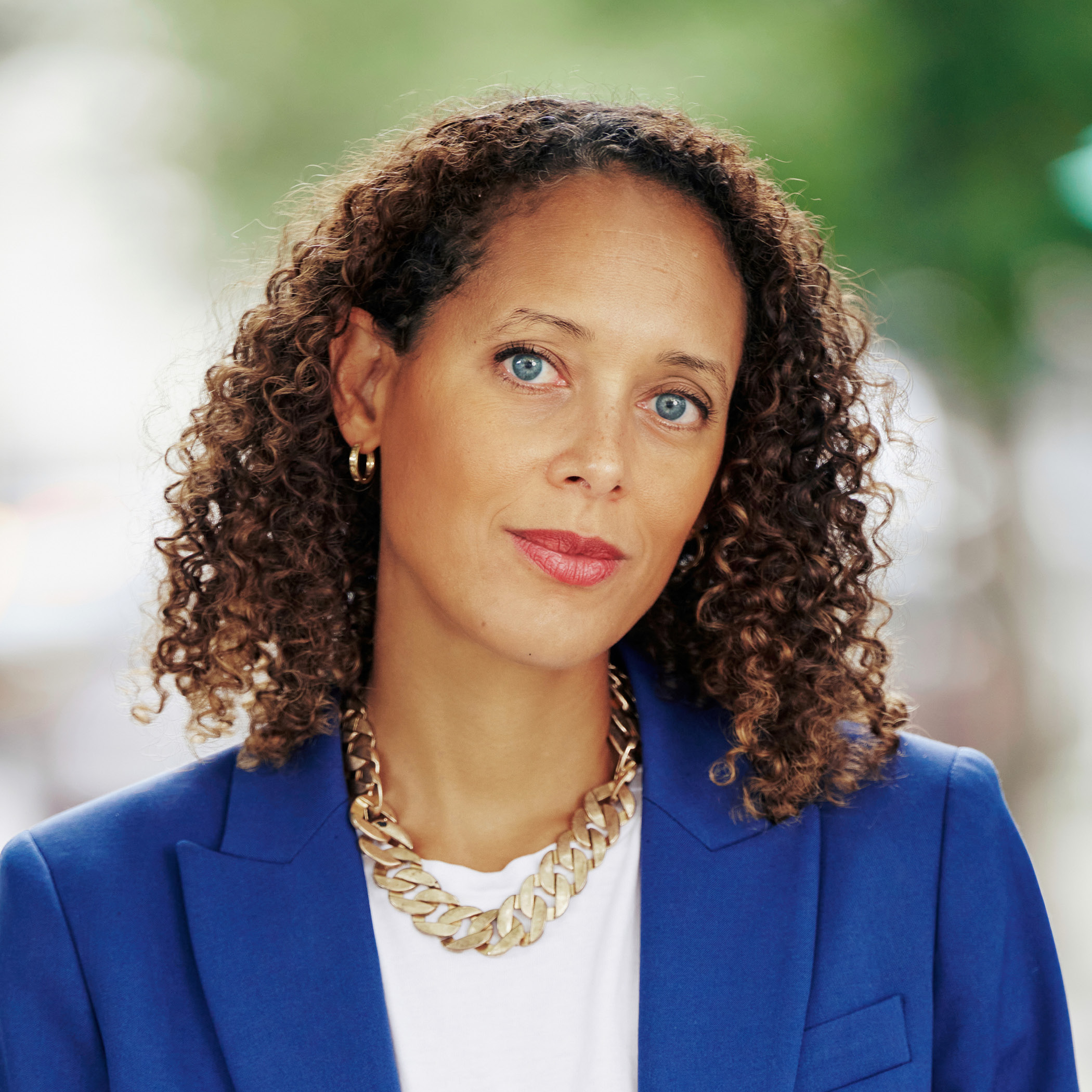‘I’m fed up of just hoping for better for women in politics. It’s time for action’
Labour-party activist Bex Bailey, 25, has served on the party’s National Executive Committee. Last October, she revealed that she was raped at a Labour party event in 2011, aged 19, by someone senior to her, but was discouraged from reporting the attack by a Labour official


Labour-party activist Bex Bailey, 25, has served on the party’s National Executive Committee. Last October, she revealed that she was raped at a Labour party event in 2011, aged 19, by someone senior to her, but was discouraged from reporting the attack by a Labour official
I was motivated to speak out about the sexist culture at the heart of politics because of my own experiences of sexual harassment, and the efforts made to silence me from telling my story and exposing the culture of abuse.
So many women keep quiet, scared of the backlash, concerned they will be seen as liars, terrified of being penalised in their careers or victimised on social media. And, to be frank, I don’t blame them. But, for me, it felt right to speak out.
I was so frustrated at the abuse that exists at all levels – and all parties – not just in parliament but in councils and local parties too, where women are still in the minority. It’s only when we accept how widespread this problem is, and its impact on women’s ability to just get on and do their work, that we can begin to genuinely tackle the issue and create lasting change.
What I’m calling for is real change. Right now. It’s time for action. We need an independent complaints process in every party at every level, which would give women the confidence to come forward and report abuse. It would also mean they don’t have to worry about the fact that the people investigating their claims could be allies of the men they are making allegations against. Sexual harassment comes down to an attempt to exert power over someone. If you have the power, you can behave with impunity.
I’m tired of hoping that things will get better. Women who are brave enough to come forward and say 'It's not my job' must be supported and enabled to do so without fear. The wider culture also needs to change for women who decide to make politics their career.
Only by having more women in politics, at the top of politics, can we alter the perception of them as sex objects. This means real changes in the working culture, too. We need shared parental leave, which encourages men to halve the load of child-rearing, and support for women who choose motherhood alongside their political career. I know women who have been told to forget the idea of a political career if they want or have children. They should be respected for their skills and talents.
Marie Claire Newsletter
Celebrity news, beauty, fashion advice, and fascinating features, delivered straight to your inbox!
But female candidates with children face questions about their ability to do the role, while those without are told they can’t empathise. Yet for men it’s not an issue. It’s time that women were supported to build careers and allowed to just get on with their jobs without fear of discrimination and harassment. Only then can we have a government that is reflective of our wider society.

Andrea Thompson is Editor in Chief at Marie Claire UK and was recently named by We are the City as one of the UKs top 50 trailblazers for her work highlighting the impact of Covid on gender equality.
Andrea has worked as a senior journalist for a range of publications over her 20 year career including The Sunday Times, The Guardian, The Daily Mail, Channel 4, Glamour and Grazia. At Marie Claire Andrea is passionate about telling the stories of those often marginalised by the mainstream media and oversaw a feature about rape in the Congo that won the title an Amnesty Media Award. She also champions women's empowerment, sustainability and diversity and regularly chairs panels and speaks at events about these topics. She sits on the committee of the British Society of Magazine Editors where she acts as Vice Chair and looks after Diversity and Inclusion. She regularly mentors young women from under represented communities trying to break into the media industry.
-
 Zendaya's reaction to awkward kissing question during Challengers interview has gone viral
Zendaya's reaction to awkward kissing question during Challengers interview has gone viral'Uncomfortable' doesn't begin to cover it
By Iris Goldsztajn
-
 Prince William feels 'immense responsibility' amid Kate and Charles cancer diagnoses
Prince William feels 'immense responsibility' amid Kate and Charles cancer diagnosesHe has a lot on his plate
By Iris Goldsztajn
-
 Taylor Swift just teased a 'timetable' for her new album release
Taylor Swift just teased a 'timetable' for her new album releaseThe wait is torture
By Iris Goldsztajn